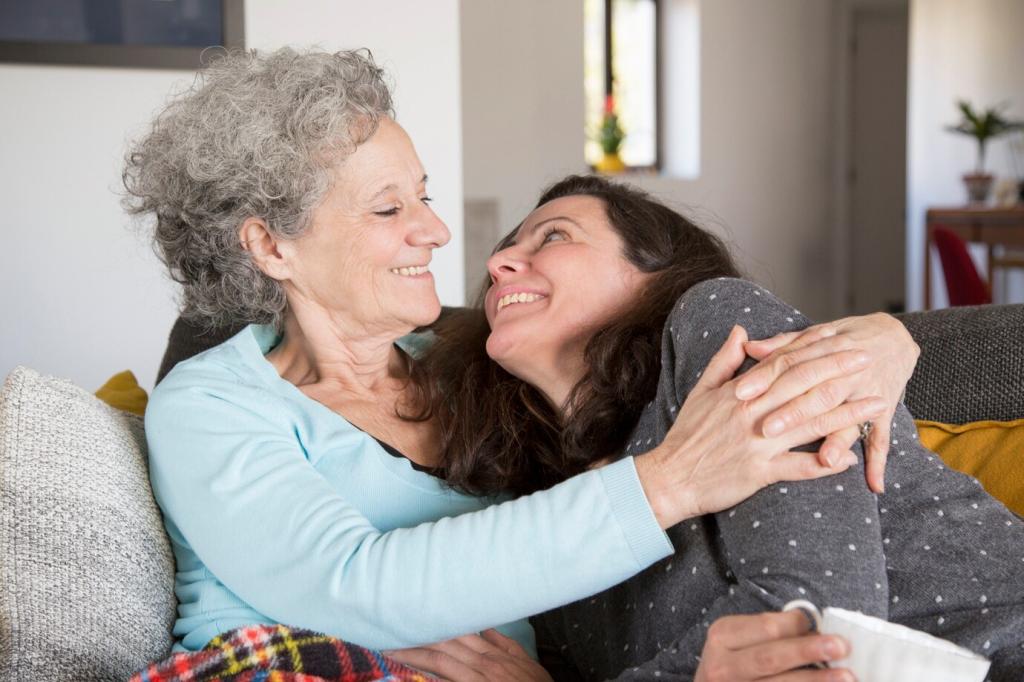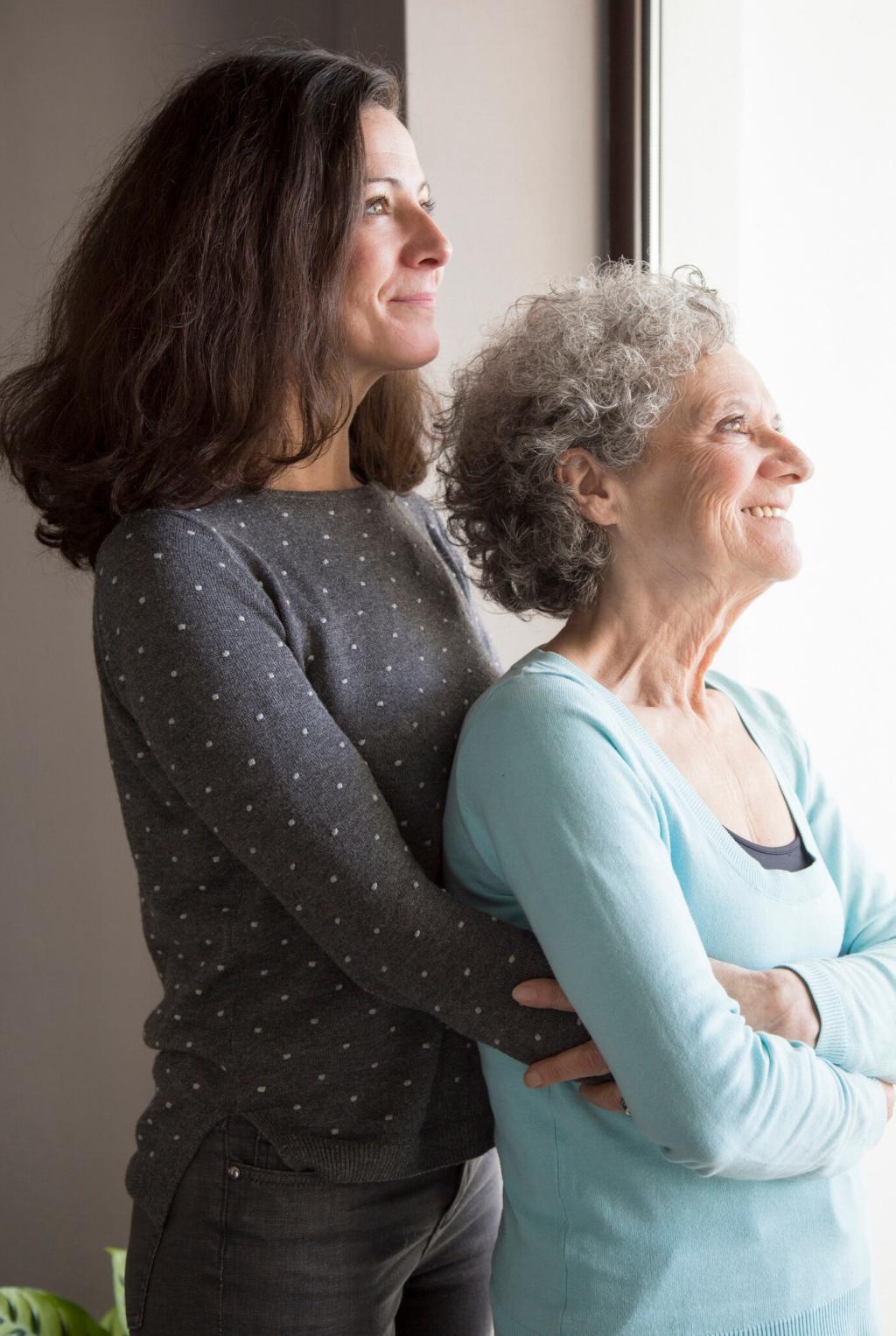Comprehensive Elder Care Program Guide
The Comprehensive Elder Care Program Guide provides a thorough overview of essential components, considerations, and best practices for designing and delivering effective elder care services. This guide is intended for caregivers, families, and healthcare professionals who seek to understand the multifaceted nature of elder care and implement holistic solutions tailored to each individual’s unique needs. Through covering physical, emotional, social, and legal aspects, this resource aims to empower all stakeholders to foster a high quality of life and dignity for older adults.

Understanding Elder Care Needs
Assessing Physical Health and Limitations
A foundational aspect of elder care involves assessing the physical health and functional limitations of the individual. This assessment typically includes evaluating chronic conditions, mobility challenges, and daily living activities, such as bathing, dressing, and eating. By identifying areas where assistance is required, caregivers and professionals can develop personalized care plans, arrange for needed medical equipment, and coordinate with healthcare providers. Ongoing monitoring of physical health ensures that interventions remain effective and adapt to changing circumstances.

Designing Personalized Care Plans
Collaborative Care Planning
Effective elder care planning involves collaboration between the older adult, family members, caregivers, and healthcare professionals. Open communication allows for the clear identification of needs, expectations, and priorities. During these discussions, it is essential to respect the autonomy and wishes of the senior, integrating their voice into every decision. Collaborative planning builds mutual trust and ensures all parties are engaged and informed as the care plan evolves.
Setting Realistic Goals and Expectations
Creating a care plan involves establishing achievable short- and long-term goals that are realistic and meaningful to the elder. These goals might include maintaining independence in certain activities, improving mobility, managing a chronic illness, or staying engaged in hobbies. Setting clear expectations helps avoid disappointment and confusion, providing measurable benchmarks for success and areas for improvement. Regularly reviewing these goals ensures that care remains relevant and effective.
Addressing Cultural and Personal Preferences
Respecting cultural, religious, and personal preferences is fundamental in comprehensive elder care. Each individual brings a unique history, set of beliefs, and traditions that should be recognized within their care plan. This attention to diversity impacts meal choices, activity selections, religious observances, and communication styles. Caregivers should be attentive, ask questions, and seek resources to honor these preferences, promoting comfort and dignity for the elder.
Health and Medical Management
Comprehensive Medication Management
Elders often manage multiple prescriptions, making medication management a vital component of care. This process includes keeping up-to-date medication lists, organizing doses, monitoring for side effects, and preventing harmful drug interactions. Effective communication with physicians and pharmacists ensures the regimen remains appropriate as health conditions change. Education is equally important, empowering both seniors and caregivers to understand the purpose and timing of each medication to reduce risks and improve adherence.
Coordination with Healthcare Providers
Navigating the healthcare system can be complex for seniors, necessitating close coordination among various providers. Care managers or family members often facilitate appointments, track medical records, and communicate changes in health status to relevant professionals. This coordination enables timely interventions, reduces duplication of services, and fosters a team-based approach. Strong partnerships with doctors, nurses, therapists, and specialists lead to higher quality and continuity of care.
Monitoring for Chronic Conditions
Chronic conditions such as diabetes, heart disease, and arthritis are common among older adults. Regular monitoring of symptoms, vital signs, and treatment effectiveness is critical to preventing complications and hospitalizations. This proactive approach may involve self-monitoring, routine check-ups, and the use of technology like remote monitoring devices. Educating the elder and their caregivers about warning signs and appropriate responses further supports optimal management and rapid response to any health changes.
Daily Living and Personal Assistance
01
Help with Activities of Daily Living
Basic daily activities such as bathing, dressing, and eating may become difficult due to physical limitations or cognitive decline. Professional caregivers or trained family members can provide dignified support, encouraging involvement and fostering independence where possible. Personalized assistance ensures these tasks are performed safely and respectfully, reducing risks of injury, infections, or malnutrition, and alleviating stress for both the elder and their loved ones.
02
Ensuring Home Safety and Accessibility
A well-adapted living environment is vital for elder safety and comfort. This can include grab bars in bathrooms, non-slip flooring, clear pathways free from tripping hazards, and adequate lighting. Making homes accessible may also involve stairlifts, ramps, and adjustments to kitchen or bathroom layouts. Regular safety assessments and timely modifications prevent accidents and allow seniors to navigate their spaces confidently and with minimal restrictions.
03
Nutrition and Meal Preparation Support
As appetite and nutritional needs change with age, ensuring a balanced, enjoyable diet becomes crucial. Some elders may need assistance with grocery shopping, meal planning, and cooking, while others require support managing special dietary needs linked to medical conditions. Personalized meal preparation takes into account preferences, dietary restrictions, and convenience, ensuring seniors receive adequate nourishment to maintain energy, health, and well-being.
Emotional and Social Enrichment
Regular companionship can greatly improve an elder’s mood and sense of belonging. This can be provided by family, friends, volunteers, or professional companions who engage in conversations, share activities, or accompany the elder during outings. Meaningful social interactions support cognitive functions, provide emotional reassurance, and help maintain a positive outlook on life, especially for those who may not have immediate family nearby.

Legal, Financial, and Ethical Considerations
Advance Directives and Legal Planning
Advance directives, such as living wills and power of attorney documents, are critical for ensuring that an elder’s wishes are honored when they are unable to communicate. Legal planning helps clarify preferences for medical treatment, end-of-life care, and financial management. Proper documentation and timely legal advice protect both the senior and their loved ones, preventing confusion and disputes during challenging times.
Financial Planning and Resources
Managing finances can become increasingly complex with age. Effective elder care addresses this through regular budgeting, managing investments, and navigating benefits such as pensions, social security, or veterans’ aid. Financial planners and social workers can provide valuable guidance on long-term care insurance, asset protection, and available community resources. Proactive financial management ensures stability and access to needed services as circumstances evolve.
Ethical Issues in Elder Care
Ethical considerations include autonomy, informed consent, privacy, and the prevention of abuse or neglect. Caregivers and professionals must balance respecting the elder’s choices with ensuring safety and well-being. Regular training on ethical practice, vigilant oversight, and clearly defined boundaries help maintain high standards and foster trust between elders and their care teams. Upholding ethics is critical for the dignity and rights of all older adults.

Caregiver Support and Education
Quality care begins with comprehensive, ongoing training tailored to the needs of both informal and professional caregivers. Education covers a range of topics, including disease management, communication strategies, emergency response, and best practices for personal care. Continued learning opportunities keep caregivers updated on advances in elder care, enabling them to provide informed and compassionate service.
Caring for an elder can be both rewarding and emotionally taxing. Access to support groups, counseling, and respite care alleviates the pressures caregivers face. Respite services provide temporary relief, preventing burnout and promoting mental health. Acknowledging the emotional challenges and fostering a supportive environment helps caregivers maintain balance and deliver sustained, high-quality care.
Beyond formal support, caregivers need encouragement and resources to prioritize their own physical and emotional health. This might include stress management activities, exercise, healthy eating, and regular health check-ups. Organizations and care programs can foster caregiver well-being through working conditions, recognition, and access to wellness programs. Healthy, respected caregivers are best able to provide attentive, person-centered elder care.
Telehealth and Remote Monitoring
Telehealth services, including virtual doctor visits and remote health monitoring, have become increasingly valuable tools in elder care. These technologies provide convenient access to medical consultations and allow health professionals to monitor chronic conditions in real time. Remote monitoring devices can track vital signs, medication adherence, and detect falls, offering peace of mind to caregivers and enabling timely interventions that can prevent health crises.
Smart Home and Assistive Technologies
Smart home devices and assistive technology can significantly enhance the safety and comfort of living spaces for elders. Innovations such as voice-activated assistants, automated lighting, medication reminders, and emergency alert systems empower seniors to maintain independence longer. Customizing technology to match individual needs supports autonomy and reduces caregiver burden, making daily life more manageable and enjoyable.
